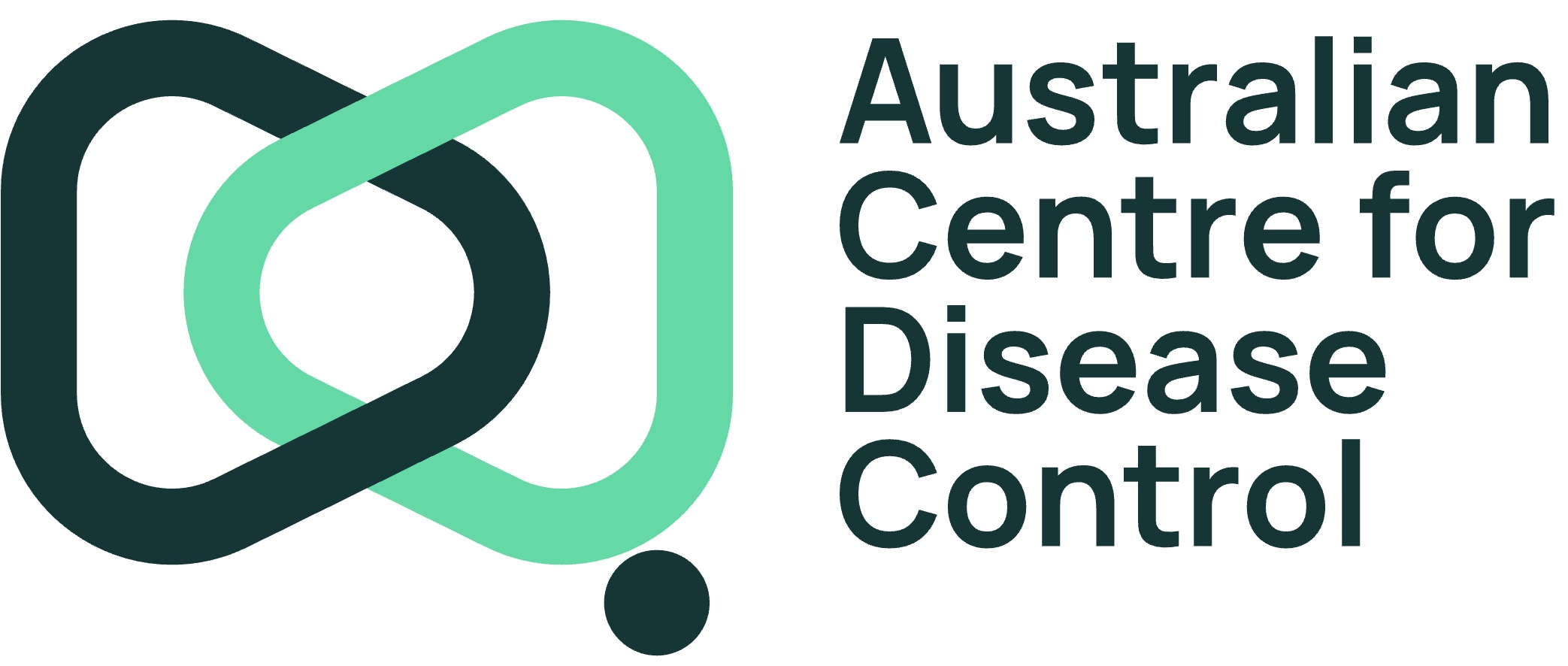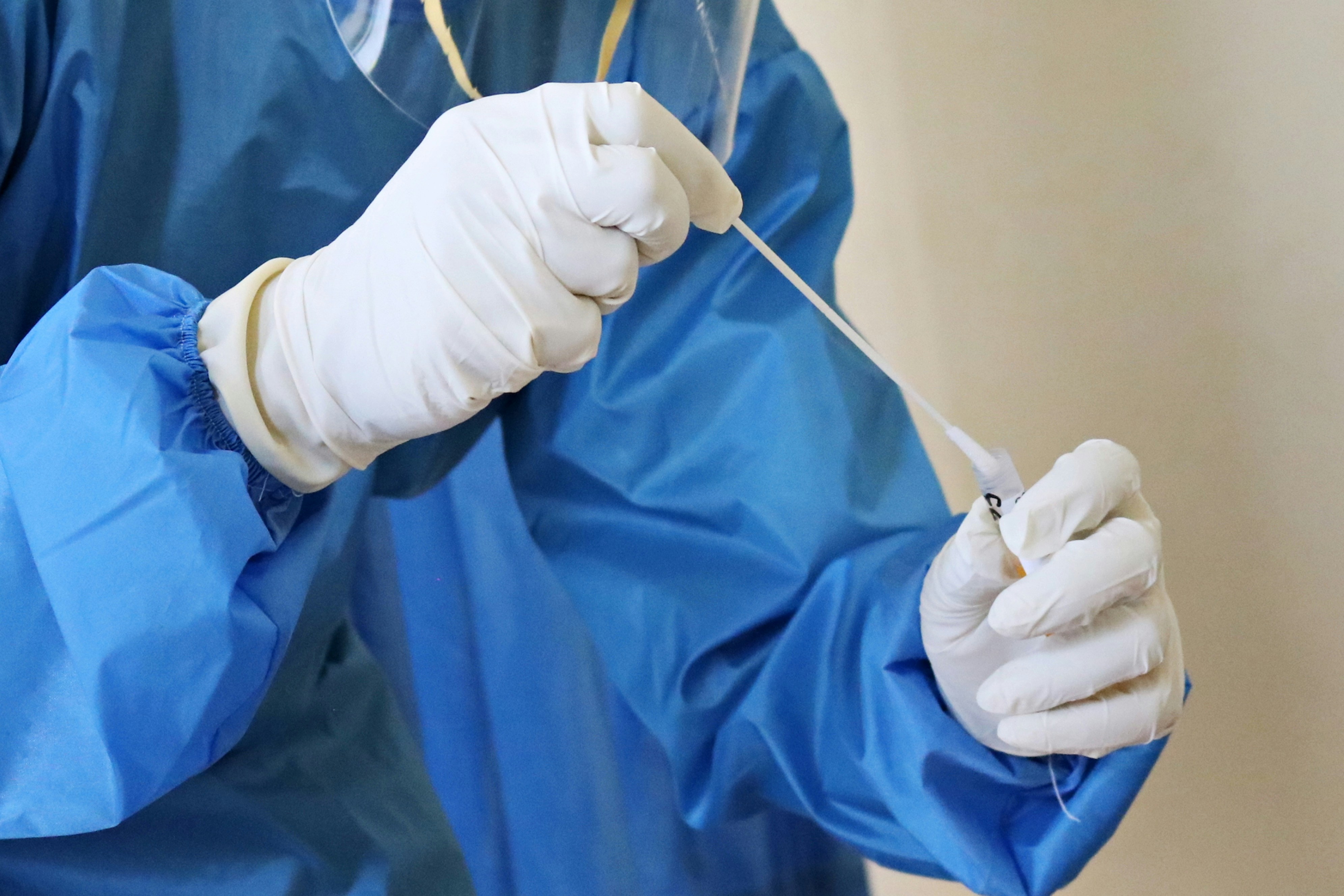What is COVID-19?
COVID-19 is a highly contagious respiratory infection. It is caused by a virus called severe acute respiratory syndrome coronavirus 2 (SARS-CoV-2). There are many subtypes, or variants, of SARS-CoV-2. Some variants can transmit more easily from person to person and spread faster.
COVID-19 can cause mild to severe illness. Some people recover within a few days, while other people are at greater risk of getting severely unwell. Some people may get longer-term effects following their infection. This is known as long COVID (or post-acute sequelae of COVID-19).
COVID-19 is different from seasonal flu and the common cold.
COVID-19 vaccination is the best protection against severe illness from COVID-19.
Check your symptoms
Symptom Checker
Not sure if you need a doctor? The Symptom Checker can help you decide what to do next.
More information
How it spreads
COVID-19 mainly spreads through droplets or smaller airborne particles from your respiratory tract which contain the virus. When you do things like talk, cough or sneeze, these droplets and particles travel through the air and land on people and surfaces.
Other people can catch COVID-19 when these droplets or particles:
- come into contact with their mouth, nose or eyes
- are breathed in
- land on surfaces or objects which they touch and then touch their mouth, nose or eyes.
The risk of catching COVID-19 from an infected person is highest when you have close, face-to-face contact. But it can occur over larger distances, especially indoors.
Infectious period
The infectious period for COVID-19 can vary, but you are generally considered infectious:
- from up to 48 hours before your symptoms appear
- from up to 48 hours before you test positive if you have no symptoms – even if you don’t feel sick, you can still spread the virus
- until your symptoms are gone, which can be up to 10 days.
Some people may be infectious for longer, such as those who are severely ill or have a weakened immune system.
Prevention
The best way to protect yourself against severe illness from COVID-19 is to get vaccinated – the vaccine reduces your risk of severe illness and death.
You can also help protect yourself and those around you by:
- regularly washing your hands
- coughing or sneezing into your elbow or a tissue and disposing of used tissues in the bin
- avoiding touching your eyes, nose and mouth
- staying home if you are sick with cold and flu symptoms
- avoiding crowded places
- wearing a face mask if around other people, especially when indoors
- putting physical distance between yourself and others, especially when indoors
- improving ventilation, such as by opening windows.
Where to get your vaccination
Use the interactive map to see which locations are currently offering COVID-19 vaccination services.
This is an interactive map.
Public data sets of hospital and health services in WA and SA.
Be the first to hear about updates
Sign up to our newsletter for all the latest news and updates

